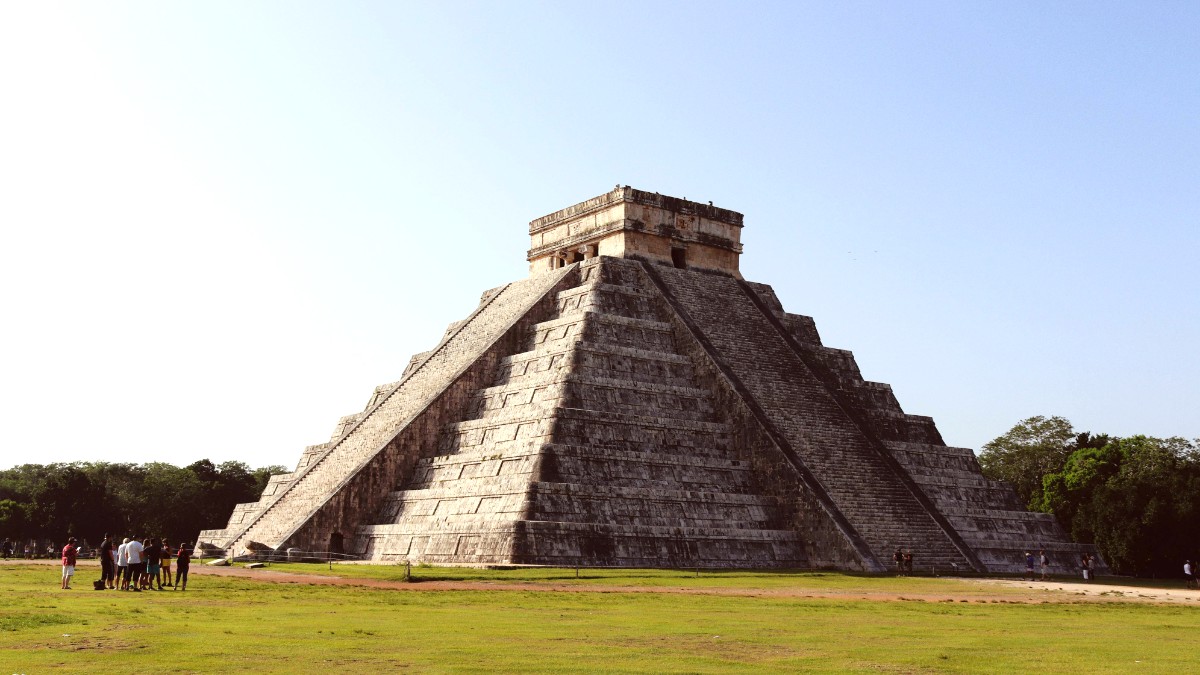
Yucatan Peninsula, Mexico
The Yucatan Peninsula, with its unique geology and climate, offers distinct outdoor adventure opportunities, notably centered around its cenotes. Explore the natural beauty and engage in refreshing activities.
The main water activity in the Chichen Itza area. Cenotes like Ik Kil, X'keken, Suytun, and Oxman are open for swimming. Clear, cool water provides a refreshing escape, with some opportunities for snorkeling to view rock formations.
Life vests are often recommended or required at cenotes and are available for rent, providing a safer swimming experience. Always follow local guidelines for water activities.
These activities are available at some larger, open cenotes or lagoons in other parts of the Yucatan, but generally not in the immediate Chichen Itza vicinity.
Extreme adventure sports like extensive cave exploring or zip-lining are not directly available at Chichen Itza. For these, visit the eco-parks and adventure parks located closer to the Riviera Maya, like Xcaret, Xplor, or Xel-Ha.
Beyond the ruins, the Yucatan Peninsula invites a connection with its culture through various hands-on experiences and festive events.
Limited formal programs directly near Chichen Itza. However, some initiatives in more remote Mayan villages offer cultural exchange, learning about traditional life, and sometimes homestays.
Formal Spanish language schools are mainly in larger cities like Mérida or Cancun. Practicing basic Spanish phrases with locals is a simple form of immersion.
Large cultural gatherings at Chichen Itza during the spring and autumn equinoxes (March, September) for the serpent shadow. Hanal Pixán (Day of the Dead) in late Oct/early Nov is a significant event in Mérida and smaller towns.
Community-based tourism allows direct cultural exchange and benefits local communities. Seek out these initiatives for a dive into Mayan life.
Even simple Spanish phrases enhance interactions with locals, enriching your travel experience and showing respect for the local culture.
Time your visit with cultural festivals like the equinox events or Hanal Pixán for unique insights into Mexican traditions and celebrations.
After active days of exploration, opportunities for relaxation and wellness offer a chance to rejuvenate amid the natural beauty of the Yucatan.
The Chichen Itza area offers a more subdued nightlife compared to coastal resorts. Pisté and Valladolid have minimal late-night options.
Limited live music in Pisté/Chichen Itza. Some Valladolid restaurants feature traditional folk music. Mérida, a larger city, has more live music options and diverse bars.
The "Noches de Kukulkan" light and sound show at Chichen Itza is the main late-night attraction directly at the site. Nightclubs and pub crawls are features of larger resort towns, not this area.
Numerous vendors at Chichen Itza sell souvenirs. Valladolid Municipal Market offers fresh produce, meats, and local crafts, providing a glimpse into daily life.
Yucatan is known for hand-woven hammocks and "huipiles" (embroidered Mayan blouses). Find ceramics, wood carvings, obsidian items, and jade replicas in artisan shops.
Consider Mayan calendar replicas, hand-painted pottery, textiles, honey from Melipona bees, pure vanilla extract, and Xtabentún (traditional Mayan liqueur).
Shopping in the Chichen Itza area offers opportunities to purchase local crafts and souvenirs, allowing you to bring home a piece of the Yucatan's cultural heritage.
Replicas of Mayan calendars, pyramids, and deities. Hand-painted pottery and ceramics. Textiles, including embroidered items and woven goods. Honey from native stingless Melipona bees (distinct, slightly tart). Pure vanilla extract and Xtabentún (Mayan liqueur).
Limited directly in Chichen Itza/Valladolid. For more extensive luxury and boutique shopping, visit Mérida or Cancun, which offer higher-end stores and international brands.
Prioritize purchasing directly from artisans or small local shops to support the community. Bargaining is common in markets; do so respectfully. Avoid items that seem too cheap or claim to be ancient artifacts.
When buying souvenirs at Chichen Itza, vendors may be persistent. A polite "No, gracias" (no, thank you) and a smile usually suffices if you are not interested. Remember to haggle respectfully if you decide to buy, as it is part of the cultural exchange.